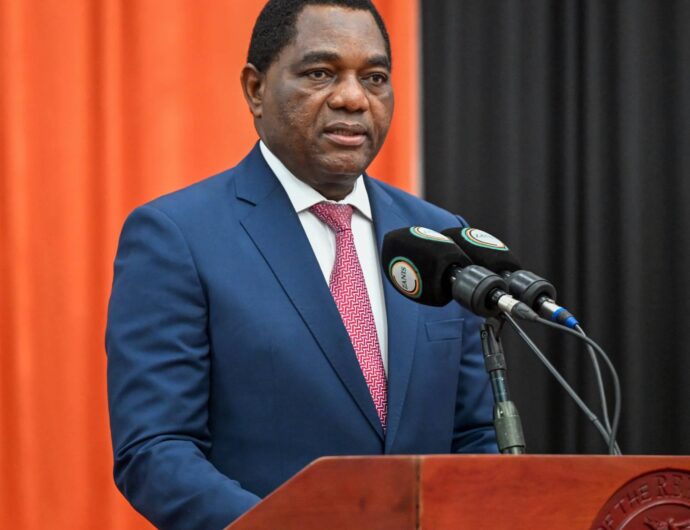A high-level U.S. government food security delegation visited Zambia from March 11–16 to engage with the government and assess ongoing U.S. government climate-smart agriculture assistance to the country during the current El Niño-induced drought.
Deputy Assistant Administrator for the U.S. Agency for International Development’s USAID Resilience, Environment and Food Security Bureau, Ann Vaughan, led the delegation, which included the Bureau’s Chief Scientist and the Deputy Director of its Center for Agriculture.
In a statement availed to RCV News today, the Embassy says the visit aims to review longer-term U.S. government programs to support Zambian food security and agricultural productivity.
The delegation traveled to Mpongwe, Kapiri Mposhi, and Kabwe districts, spending three days meeting with rural agro-input suppliers and small-scale farmers.
“It is evident that farmers who planted drought-tolerant maize varieties are on track to harvest expected yields despite the prolonged dry spell, demonstrating cost-effective options to ensure greater food security” said Ms. Vaughan.
The delegation observed key practices that have increased resilience during the current drought, including: crop diversification; planting drought-tolerant or early maturing seed varieties; conservation agricultural techniques including water retention techniques; and utilization of climate information services.
The Embassy said the findings will inform ongoing U.S. government investments in climate-smart and nutrition-smart agriculture in Zambia.
And U.S. Ambassador to Zambia Michael Gonzales told the delegation, that the United States will absolutely support Zambia in this time of need from drought.
“The US government will continue working directly with farmers to improve productivity, nutrition, and livelihoods, while the Millennium Challenge Corporation and government finalize plans on a massive grant to support agriculture-related infrastructure”, said Mr. Gonzales.
This year the U.S. government is investing more than 500 million Kwacha equivalent to $20 million in funding for agriculture, environment, and climate adaptation.
By Bibiana Lambart




